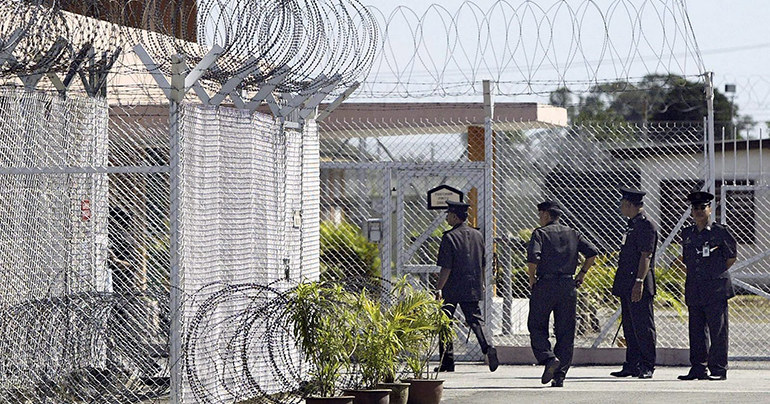Malaysia could see the abolishment of the death penalty within weeks, as officials announce plans for a new bill that will put an end to state-sanctioned executions

The announcement was made on 10 October, as activists celebrated the 16th annual World Day Against the Death Penalty.
Liew Vui Keong, the minister in charge of law in the Malaysian Prime Minister’s department, said that the proposed bill would likely be presented at the next parliamentary session on 15 October.
“All death penalty will be abolished. Full stop,” Liew told local news outlets yesterday. “All the papers are in the final stage.”
He added that while the bill is being considered, all scheduled executions in the country have been suspended.
”Since we are abolishing the sentence, all executions should not be carried out,” Liew said. “’We will inform the Pardons Board to look into various applications for convicts on the [death penalty] waiting list to either be commuted or released.”
“As it stands today, the decision is to abolish the death penalty,” he added.
Last year, Malaysia was one of just three Asean states to carry out executions, joined by Singapore and Vietnam. Malaysia currently has the death penalty for crimes including murder, kidnapping, and drug trafficking, and drug offences account for the vast majority of executions in the country.
By the end of 2017, just over 800 people were reportedly on death row in Malaysia. Amnesty International reported in March that 799 of those on death row had been convicted of drug trafficking, and that more than half of those were foreign nationals.
But change has been on the horizon in Malaysia for several months now.
In November last year, the government made amendments to its longstanding Dangerous Drugs Act of 1952 to allow exemptions from the death penalty for drug traffickers who cooperated with officials.
Malaysia’s new Pakatan Harapan government announced in May that it would be reviewing the death sentence alongside several other “unsuitable” laws, and just last month Prime Minister Mahathir Mohamad spoke out against a death sentence handed down to a physician who had sold cannabis oil to his dying patients.
As the Malaysian government moves closer towards abolishing the death penalty, regional activists have expressed their hope that the decision will influence other Southeast Asian countries to do the same.
[manual_related_posts]
Kirsten Han, an anti-death penalty activist in Singapore, said the news had proven especially heartening for those advocating for an end to executions in her small island country.
“With this announcement, Liew has given abolitionists in Southeast Asia some much-needed hope,” she wrote in an opinion piece published in The Malaysian Insight yesterday. “The news of an immediate moratorium on executions in Malaysia is a welcome relief from news of executions carried out.”
As Malaysia moves to abolish the death penalty within its own borders, she added that the country would likely soon be able to advocate more effectively on behalf of its own citizens who are currently sitting on death row in Singapore.
“But I’ve also learnt not to crack open the champagne yet,” she added. “Not until everything is put in legally-binding language and the ink is dry.”
Malaysia
'As it stands today, the decision is to abolish the death penalty'
Malaysia could see the abolishment of the death penalty within weeks, as officials announce plans for a new bill that will put an end to state-sanctioned executions

